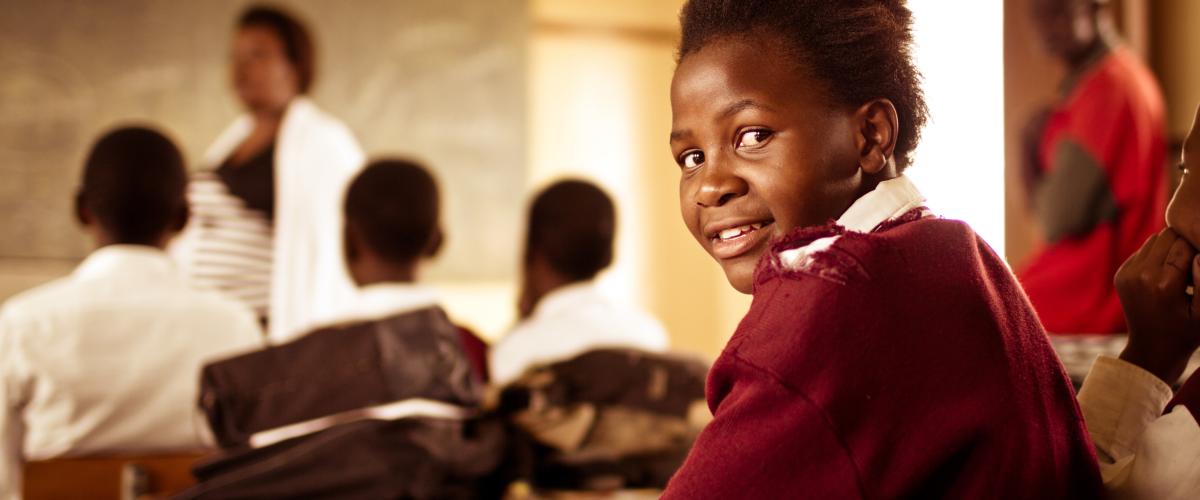In early 2023, Mozambique was battered by a single tropical cyclone not just once, but twice. Likely breaking the record for the longest-lasting tropical cyclone, Tropical Cyclone Freddy hit Mozambique twice between late February and early March of 2023, affecting nearly 1.2 million people, displacing almost 200,000, and claiming the lives of nearly 200.
With an eye toward informing the country’s recovery and reconstruction efforts in the immediate aftermath of Tropical Cyclone Freddy, the government of Mozambique requested a rapid assessment of the post-disaster damage using GFDRR and the World Bank’s Global Rapid Post-Disaster Damage Estimation (GRADE) methodology.
While more traditional assessments have tended to be both resource- and time-intensive, the GRADE approach enables the estimation of damages usually within two to three weeks of a disaster at a fraction of the cost of traditional assessments. It does so by risk modeling along with analyzing various data sources such as historical damage data, drone footage, satellite and remote sensing data, and social media.
In the case of the GRADE assessment following Freddy, the technical team analyzed damage reports from Mozambique’s National Institute of Disaster Management (INGC) in addition to local media reports, and modeled the exposure of present-day buildings and infrastructure in the country. Ultimately, the GRADE assessment found that Freddy resulted in damages of $1.53 billion and revealed that, among the 10 affected provinces, Zambezia was the most affected, followed by Sofala, Inhambane, and Tete. Furthermore, the GRADE assessment uncovered extensive damage to private houses as well as significant damage to nonresidential structures including schools, health facilities, and other mixed-use facilities.
The GRADE findings have already begun to inform the government of Mozambique’s recovery and reconstruction as well as its longer-term resilience-building in the aftermath of Freddy. Just as critically, the findings have also paved the way for $300 million in assistance under the World Bank International Development Association’s Crisis Response Window (CRW), which provides funding to help countries respond to exceptionally severe crises. Of this $300 million, $125 million will fund secondary roads in Cabo Delgado, $50 million will finance upgrades in the drainage system in Maputo, and $100 million will support upgrades in water storage systems countrywide.
Tropical Cyclone Freddy is only the latest in a string of extreme weather events in Mozambique in recent years. In the aftermath of Tropical Cyclone Gombe and Tropical Storm Ana in 2022 and Tropical Cyclone Idai in 2019, the government of Mozambique also requested a rapid assessment of the post-disaster damage using the GRADE methodology. The government’s continued engagement with GFDRR and the World Bank on GRADE is a testament to its reliability as a tool for rapidly measuring the impacts of disasters while also informing recovery and reconstruction.

View more results stories from fiscal year 2023 in GFDRR's Annual Report 2023.
